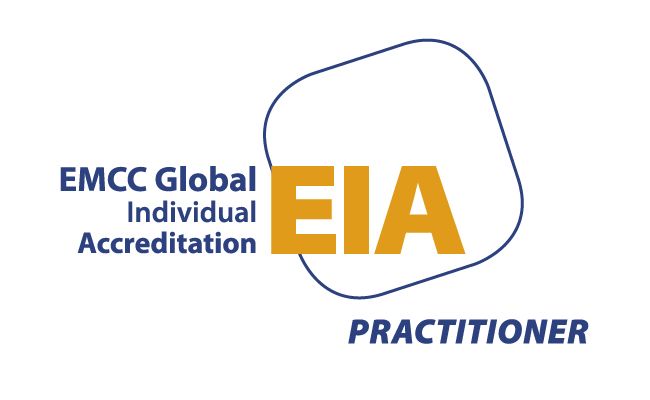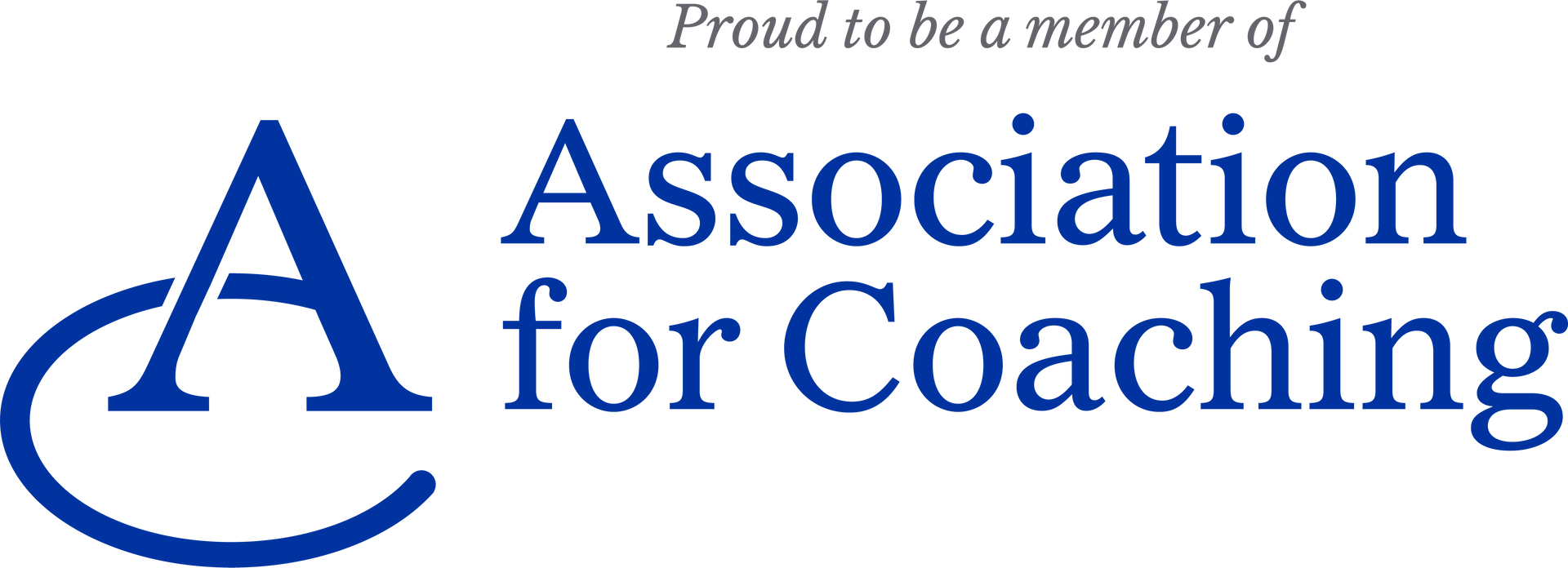How to Navigate Mergers and Demergers
Hold position or yield, or even collaborate - approaches to mergers and demergers

Charity mergers are on the rise again, with a 31% increase last year and a total value of £192 million in 2023–24. Yet leading a merger whether strategic or a last resort can be complex and emotionally charged.
The Charity Commission highlights cultural alignment as the biggest risk factor. Beyond financial due diligence, leaders must assess values, governance, and service models.
Key Strategies for Success:
· Build a joint vision early
· Respect legacy and culture
· Communicate transparently with all stakeholders
Demergers, too, can be powerful. We need to see them not failures but as strategic pivots. As Matt Cliff, CEO of Bradbury Fields, shared, demerging helped refocus on core purpose.
Reflection: Is your organisation putting culture and communication at the heart of its merger or demerger strategy?
📞 WhatsApp Barbra on 07952 311806 or email barbra@gleecoaching.com to share your thoughts.
🔗 Related Articles: Leadership vs. Management | Knowing When to Exit an Organisation
📣 Call to Action: Share this article with someone navigating organisational change.




